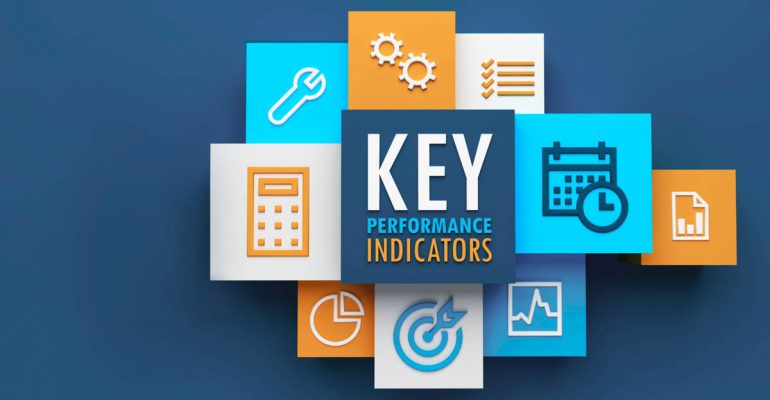The President’s Blog
28/08/2025 2025-09-18 9:37The President’s Blog
The President's Blog
Turning the Lights On
One of our Board members recently observed that we sometimes dance in the dark — doing important work, building something distinctive, but not always making visible the design choices — and the everyday practices they enable — that sit behind it. That comment stayed with me. It prompted a simple question: not whether we should be louder, but whether we should be clearer. …
Learning that doesn’t change behaviour isn’t learning – it’s observation
Organisations talk a great deal about learning. We hold reviews, commission analyses, write reports and reflect carefully on what happened. We often finish by asking a familiar and seemingly sensible question: what have we learned? …
When actions stall, maybe I’m the problem
Yesterday I chaired an admissions meeting where we were dealing with the gap between what we’d agreed and what had actually happened. When important actions stall, it’s often less about who didn’t do them and more about what we didn’t talk about at the time. …
Navigating by What We Measure
The start of a new year is a natural moment for institutional reflection. At EUB, we use this pause to look honestly at progress against our Strategic Plan. KPIs are not about reassurance or appearances. Used well, they act as navigational markers — showing where we are, where we have drifted, and where thoughtful correction is needed. …
Leading With Purpose: How Strategy Shapes Transformation in Higher Education
Transformation requires design, discipline, and purposeful leadership. …
Professor Andrew Nix is the President and CEO of Euro University of Bahrain. He has published more than 600 international papers and successfully supervised 65+ PhD students. He is well-known for his ground-breaking research contributions that shaped the Wi-Fi and Bluetooth standards. More recently, Professor Andrew’s 5G wireless research is globally recognized for tackling societal challenges related to smart cities, urban transportation and digital healthcare.
Categories
Archives
Popular Tags











